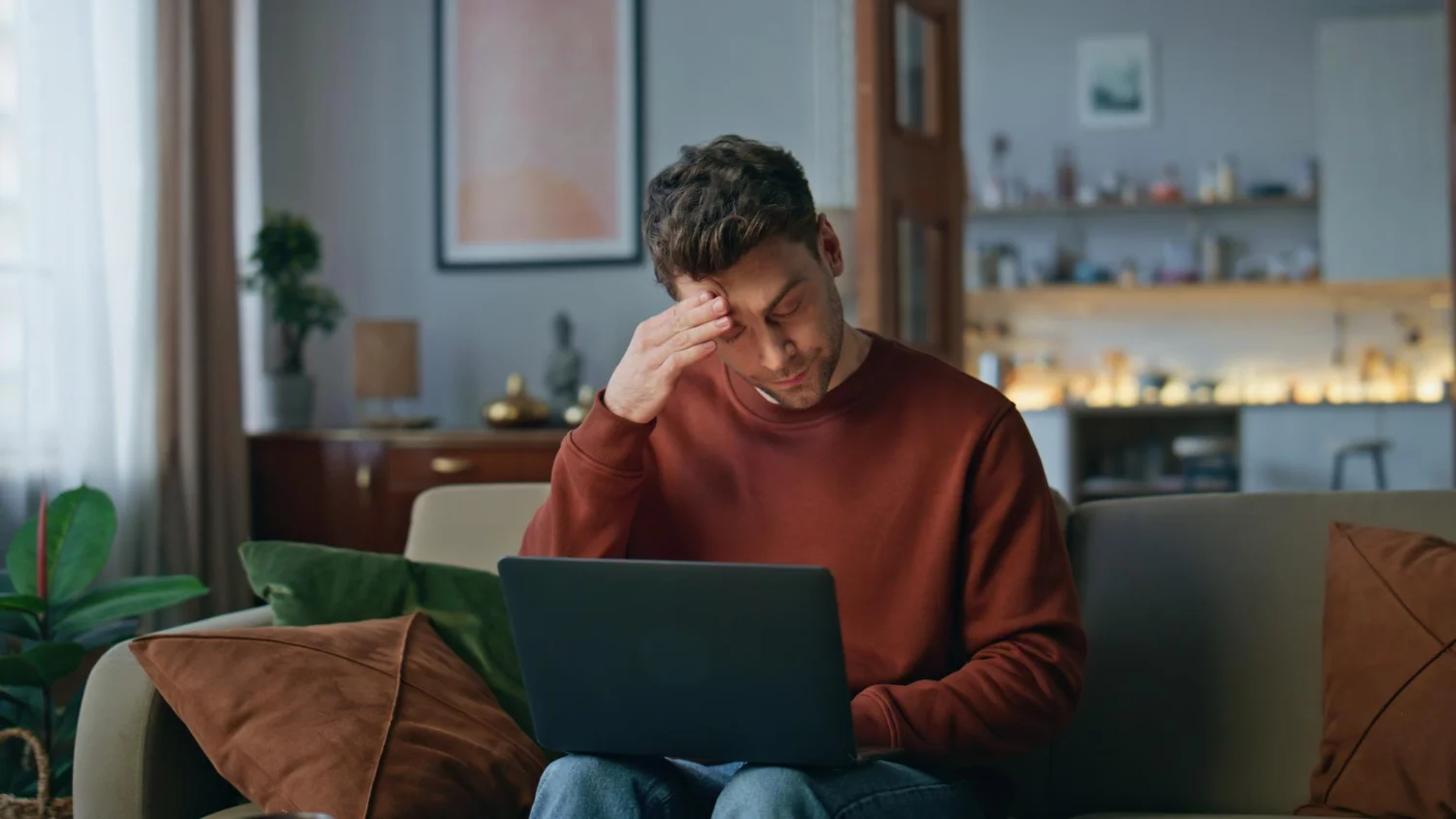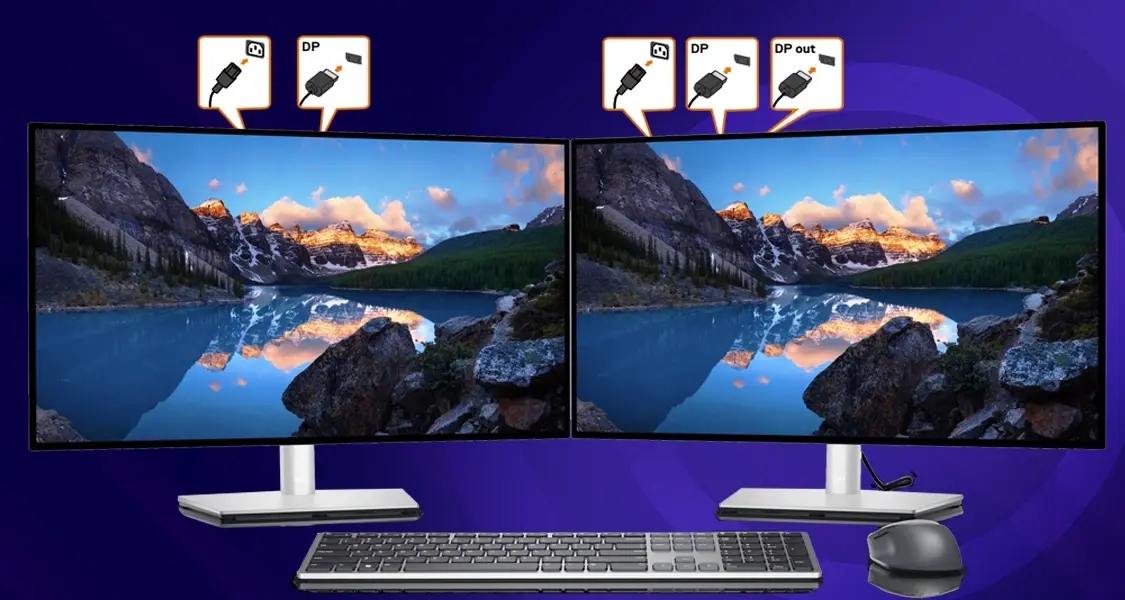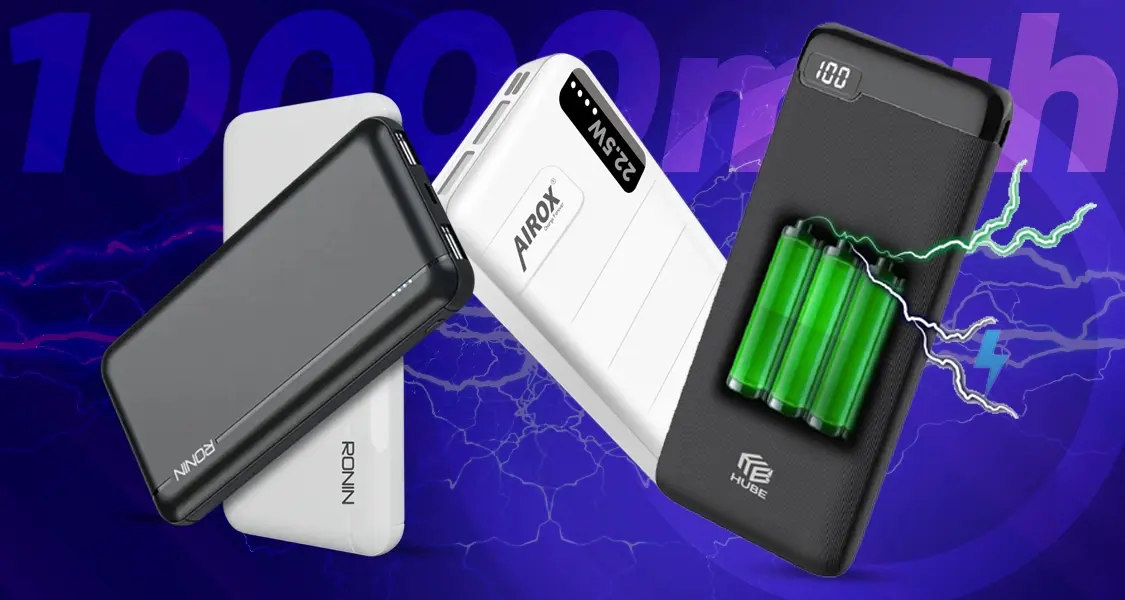Why Do Laptops Slow Down?
Laptops can gradually succumb to performance issues over time. If you’ve noticed your laptop slowing down, you’re not alone.
This comprehensive guide will delve into the common causes of laptop slowdown and provide actionable tips to help you restore its original speed and responsiveness.
Common Causes of Laptop Slowdown
Hardware Issues
Overheating: Excessive heat can cause components to malfunction, leading to slower performance. Ensure proper airflow by keeping your laptop clean and avoiding obstructions.For tips on maintaining your laptop’s hardware, check out our article on Things to Check Before Buying a Used Laptop.
Insufficient RAM: If your laptop doesn’t have enough RAM, it may struggle to handle multiple tasks simultaneously. Consider upgrading your RAM to improve performance.Consider upgrading your RAM to improve performance. Learn about affordable options in our guide on the Best Budget Laptops in Pakistan.
Hard Drive Fragmentation: Over time, files on your hard drive can become fragmented, making it more difficult for your laptop to access them. Defragmenting your hard drive can help improve read/write speeds.
Malware and Viruses: Malicious software can consume system resources and slow down your laptop. Regularly scan for and remove any threats.
Software Issues
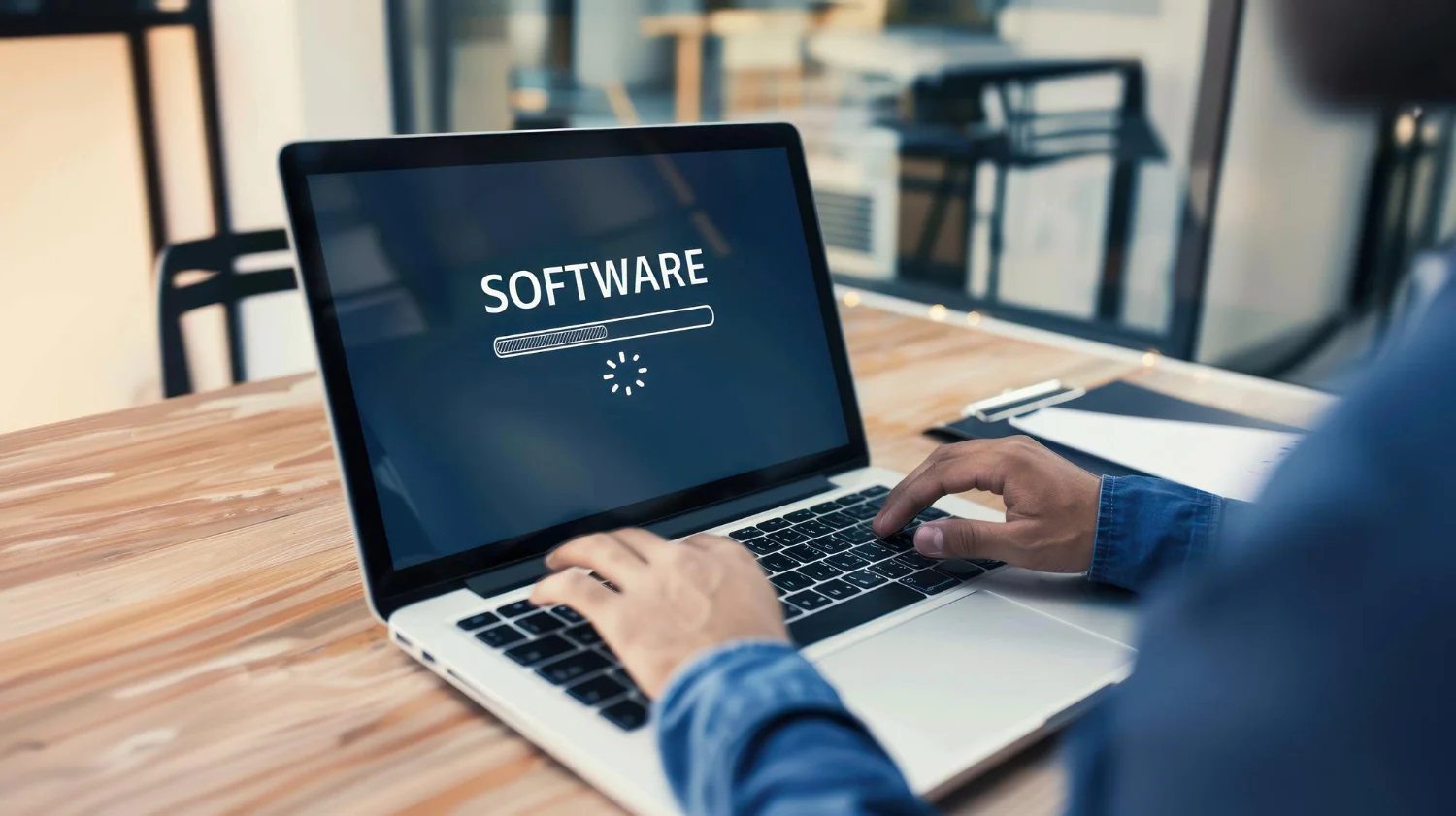
Excessive Startup Programs: Many programs are configured to start automatically when you turn on your laptop. This can lead to a cluttered startup process and slower boot times. Disable unnecessary startup programs to improve performance.
Background Processes: Numerous background processes may be running in the background, consuming system resources. Identify and close unnecessary processes to free up memory.
Outdated Software: Outdated software can have performance issues or security vulnerabilities. Keep your operating system and applications up-to-date.
Bloatware: Pre-installed software, often referred to as bloatware, can consume resources and slow down your laptop. Remove unnecessary bloatware to improve performance.
Troubleshooting Tips
Hardware Troubleshooting:
Check for Overheating: Feel the bottom of your laptop for excessive heat. If it’s hot, try using a laptop cooling pad or cleaning the vents.
Upgrade RAM: If your laptop’s performance is consistently sluggish, consider upgrading its RAM to improve multitasking capabilities.
Defragment the Hard Drive: Use your operating system’s built-in defragmentation tool or a third-party software to optimize your hard drive.a
Scan for Malware and Viruses: Regularly run antivirus scans to detect and remove any malicious software that may be affecting your laptop’s performance.
Assess Battery Health: Poor battery performance can slow down your laptop. Learn How to Check Laptop Battery Health to ensure your battery isn’t the culprit.
Software Troubleshooting:
Disable Unnecessary Startup Programs: Access your startup programs settings (usually found in the Task Manager or System Configuration) and disable any programs that you don’t need to start automatically.
Manage Background Processes: Use your task manager to identify and close unnecessary background processes that are consuming system resources.
Update Software: Regularly check for updates to your operating system and applications. Updates often include performance improvements and security fixes.
Remove Bloatware: Identify and remove any pre-installed software that you don’t use. Consult your laptop’s manual or online resources for instructions on removing bloatware.
Additional Tips for Improving Laptop Performance
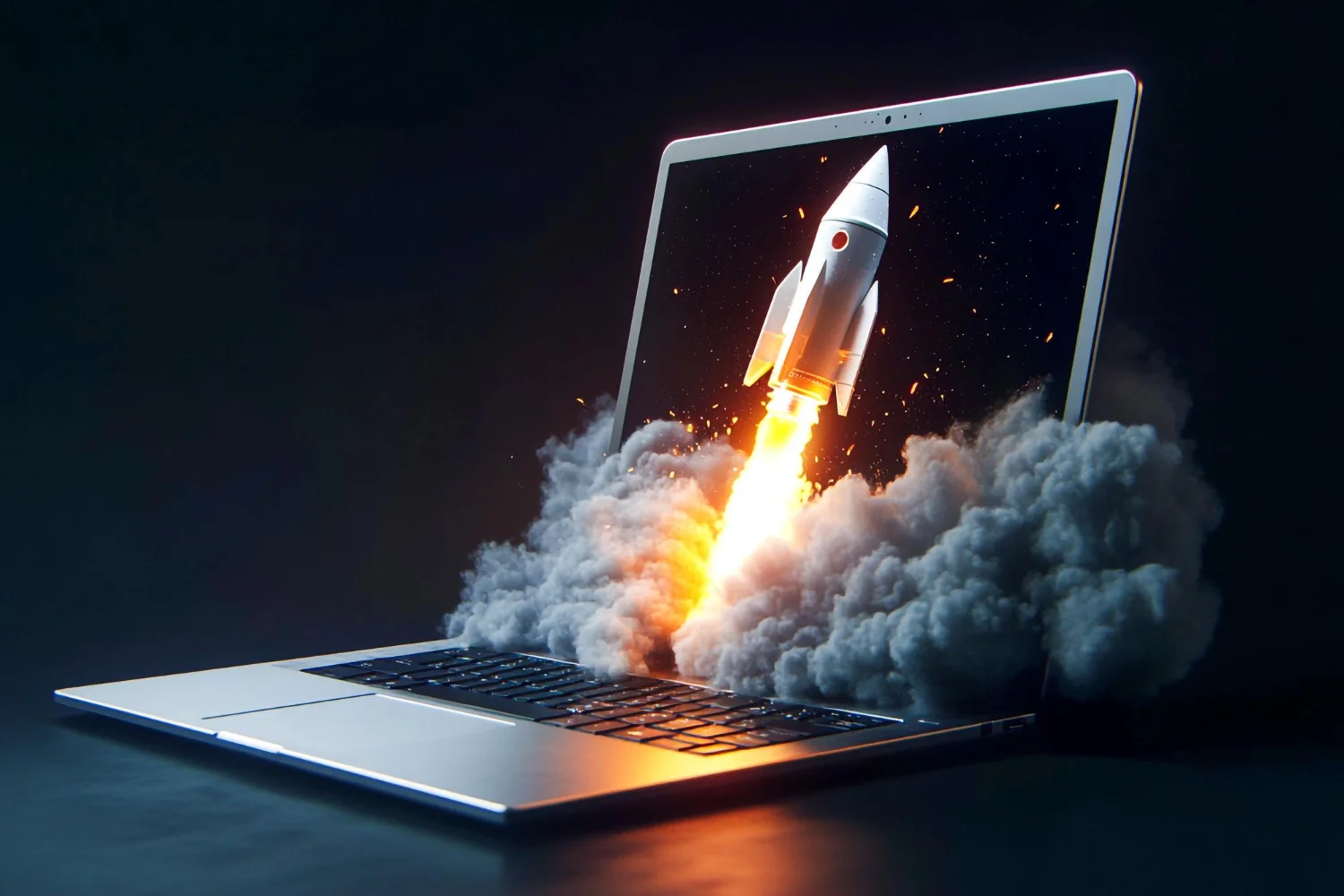
Regular Maintenance:
Clean Your Laptop: Dust and debris can accumulate inside your laptop, affecting airflow and performance. Clean your laptop regularly to ensure proper cooling.
Update Drivers: Outdated drivers can cause performance issues. Regularly check for and install the latest driver updates for your hardware components.
Back Up Important Data: Before making any significant changes to your laptop, ensure you have a backup of your important files. This will protect you in case of data loss.
Optimize Settings:
Adjust Power Settings: Choose a balanced power plan that strikes a good balance between performance and battery life.
Disable Visual Effects: Reduce visual effects and animations to improve performance, especially on older laptops.
Manage Storage Space: Free up disk space by deleting unnecessary files, emptying the recycle bin, and moving large files to external storage.
By following these tips and addressing the underlying causes of laptop slowdown, you can significantly improve your laptop’s performance and enjoy a smoother computing experience. Remember to regularly maintain your laptop and stay updated with the latest software to ensure optimal performance.

